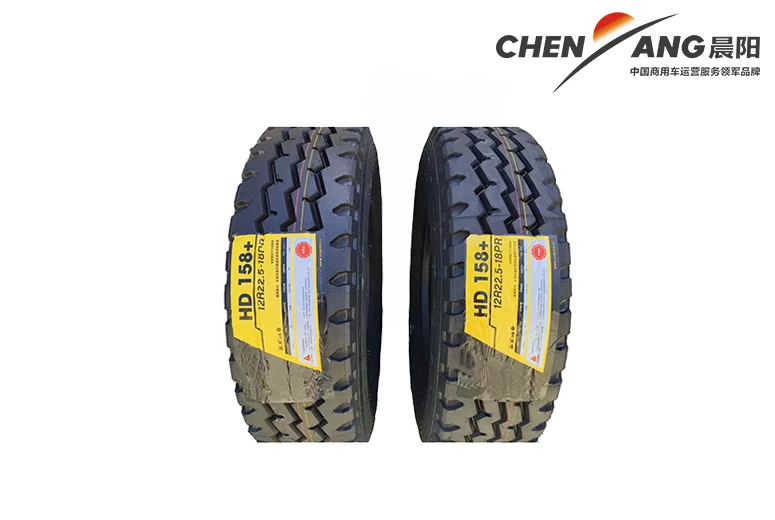types of construction machines
Types of Construction Machines
Construction machines are vital for any building project, significantly enhancing efficiency and productivity while minimizing manual labor. Their specialized functions cater to different aspects of construction, from earthmoving to lifting and transporting materials. In this article, we will explore the various types of construction machines commonly used in the industry.
1. Excavators
Excavators are heavy construction equipment primarily used for digging trenches, holes, and foundations. They consist of a boom, stick, bucket, and cab on a rotating platform. The versatility of excavators allows them to operate in various shapes and sizes. They can be equipped with different attachments such as hydraulic hammers, grapples, and augers, making them suitable for various tasks beyond digging, including demolition and landscaping.
2. Bulldozers
Bulldozers are powerful machines equipped with a large flat blade at the front. They are designed for pushing large quantities of soil, rubble, or other materials. Their substantial weight and powerful tracks provide excellent traction, making them useful for grading, excavating, and site preparation. Bulldozers can also be fitted with rippers to break up hard ground.
3. Loaders
Loaders are versatile machines used for loading materials onto trucks, transporting materials around a site, and even grading surfaces. There are various types of loaders, including wheel loaders, which have large wheels for mobility, and tracked loaders (or crawler loaders), which provide extra stability on uneven surfaces. Loaders can handle materials like dirt, gravel, and sand with ease.
4. Crane
Cranes are crucial for lifting and moving heavy loads at construction sites. These machines come in various forms, including mobile cranes, tower cranes, and overhead cranes. Mobile cranes are flexible and can navigate various terrains, while tower cranes are often fixed to buildings during construction, allowing them to lift materials to great heights. Overhead cranes are typically found in warehouses and factories, aiding in material handling.
types of construction machines

5. Dump Trucks
Dump trucks play a critical role in construction logistics, transporting loose materials like sand, gravel, and demolition debris. They are characterized by their open-box design that allows for easy unloading. Dump trucks can be categorized into several types, including standard dump trucks, semi-trailer dump trucks, and articulated dump trucks, each serving specific hauling needs.
Concrete mixers are essential for preparing concrete on-site. They mix cement, water, and aggregates to create concrete, which can then be poured into molds or slabs. There are stationary mixers and mobile mixers, with the latter providing more flexibility for larger construction projects. Some concrete mixers are equipped with drums that keep the mixture agitated during transport to prevent it from setting too early.
7. Pavers
Pavers are specialized machines used for constructing road surfaces. They lay asphalt or concrete in a controlled manner, ensuring a smooth, even surface. Pavers are often used in road construction and maintenance, providing a reliable way to achieve consistent quality in road-building projects.
8. Compactors
Compactors are used for soil compaction to increase density and stability before laying foundations or roads. They come in various types, including plate compactors, rammer compactors, and roller compactors. Each type is designed for specific applications, ranging from small sections of a site to larger areas requiring heavy compaction.
Conclusion
The construction industry relies on a diverse range of machinery to complete projects efficiently and safely. Each type of machine serves a specific purpose, contributing to the overall success of construction endeavors. Understanding the various types of construction machines is essential for project managers, engineers, and workers alike, ensuring that every aspect of construction is addressed effectively. As technology advances, we can expect these machines to become even more efficient, sustainable, and integral to the construction process.
-
SINOTRUK HOWO 84 Electric Dump Truck for Eco-Friendly Heavy HaulingNewsJul.26,2025
-
The Fast 16-Gear Manual Transmission Assembly for Heavy TrucksNewsJul.25,2025
-
Mercedes Benz Actros 1848 42 Tractor Truck for Sale - Reliable PerformanceNewsJul.24,2025
-
High-Quality Water Pump Assembly for Sinotruk Trucks – Durable & ReliableNewsJul.23,2025
-
Premium Truck Engine Antifreeze Coolant Fluid for Heavy Duty VehiclesNewsJul.22,2025
-
FOTON View G7 Mini Bus: Affordable & Spacious TransportNewsJul.22,2025
Popular products

























